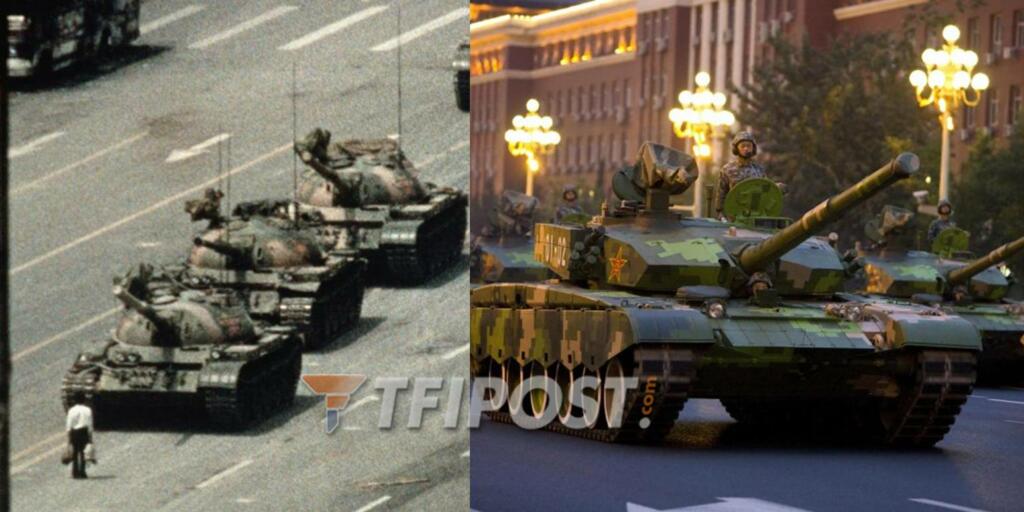Towards the end of the iconic movie “The Big Short”, Brad Pitt is seen negotiating with a banker for $100 million. Brad is sitting in a club and as soon as the person sitting behind him gets to know about the amount, he asks, “$100 million, who are you? A banker or a drug dealer? Cause if you are a banker, you can f*** right off”. The man pissed off with Brad was a person on the negative side of 2008 Financial crisis. In 2022, Chinese bankers are being seen with similar contempt by their consumers.
Banks unable to pay their depositors
No matter how much liberal a communist regime becomes, it can never drift away from its fundamental philosophy, which is considering private property as a public one. Why would the Chinese be different? One of the branches of Bank of China has now declared people’s savings as “investment products”. It means that now those people who have saved their hard-earned money in Henan branch can’t withdraw it.
Simultaneously, 3 other banks in Henan and one in nearby Anhui told their consumers that their accounts have been frozen. Since April 18, five banks namely Shangcai Huimin County Bank, Yuzhou Xinminsheng Village Bank, New Oriental Country Bank of Kaifeng, Zhecheng Huanghuai Community Bank, and Anhui’s Guzhen Xinhuaihe Village Bank have not been able to function. This has led to protests in China and people are on streets in order to get their money back.
Read more: Xi Jinping goes missing
Tiananmen square moment?
Initially, people were fearful of the Chinese regime which was evident in fewer numbers showing at protests sites. However, as soon as people started to share information, protestors started to gather in large numbers. Reportedly, Henan Provincial Financial Supervision Bureau had issued a notice according to which depositors were supposed to get their deposits on July 15. In spite of that, depositors’ distrust for the system could not be shaken and on July 10, 5 days before the due date, nearly 1,000 depositors gathered outside the Zhengzhou branch of the Bank of China, country’s central bank.
https://twitter.com/WallStreetSilv/status/1549790086656581640
Because, Chinese government lives in a perpetual state of neurosis, it was expected that the Xi Jinping administration would take strict action against protestors. However, Jinping seems to be too desperate to retain his hold on power. Chinese President thought it apt to summon People’s Liberation Army and use its tanks to scare off common Chinese. It was a replica of Tiananmen Square moment in 1989 when Chinese government had launched a nationwide crackdown on dissenters of the government.
Read more: When Rajiv Gandhi told Doordarshan to tone down its coverage on Tiananmen Square Massacre in China
Civil unrest led to promise of repayment
However, this time around, Chinese government can reason that it is galvanising tanks in order to protect Chinese banks and other financial infrastructures. Currently, China has nearly 4,000 banks that control nearly $14 trillion. On the face of it, Chinese government can convey to the public that it is protecting them from anarchic forces and use it as an excuse to crackdown on thousands of customers who are not able to take out their deposits.
After the protests, many of these banks are working on repayment formulas. Customers having their deposits of upto $14,800 in these banks are slated to start getting deposits from July 25. However, the problem which is haunting the consumers is that officials from the China Banking and Insurance Regulatory Commission have said that customers’ data has been removed and that is why it will take time for repayment to substantiate. Additionally, a probe has also been launched.
Restoring consumers’ confidence is the key
The probe pinned the blame on a private investment firm named Henan Xincaifu Group Investment Holding Co. The firm is said to have stakes in 5 lenders. Allegedly, bank employees colluded with the firm to take deposits while the firm marketed financial products to these consumers. It then got the money by fabricating lending agreements.
But, restoring consumers’ trust in banking system in part and Chinese economy as a whole is a big challenge for Jinping administration. Reportedly, these banks are in very bad shape. Even the government does not seem to have enough money to bail these banks out. Chinese government’s revenues are heavily dependent on real state sector. The slump in economic activity, first after covid pandemic and then due to Ukraine-Russia crisis has brought China’s real state to a standstill.
Read more: It’s high time that the democracies of the world should isolate China
Economy is in doldrums
China was expecting a 5.5% GDP growth rate, as the world economy was opening and countries were healing from the Chinese virus. But, Russia’s war with Ukraine and mutation of the virus brought the Chinese economy to a standstill, and its economic expansion remains much below the target at 2.5%. The slowdown in economy has led to a glut of inventories not being sold out at desirable rates. Recently, there was news about the ignition of a barter system in real estate business, in which property developers were accepting payments in watermelon, wheat or garlic. The crisis has led to Companies not buying land for starting new projects.
Read more: China is on the verge of bankruptcy
Signs of hopes from other sectors of the economy are also not imminent. Jinping’s crackdown had led to various companies shifting their production base outside China. It is evident in Chinese Oligarchs preparing to leave the country. A civil unrest is en route and until Jinping mends his way, it will be tough to avoid.
Support TFI:
Support us to strengthen the ‘Right’ ideology of cultural nationalism by purchasing the best quality garments from TFI-STORE.COM
